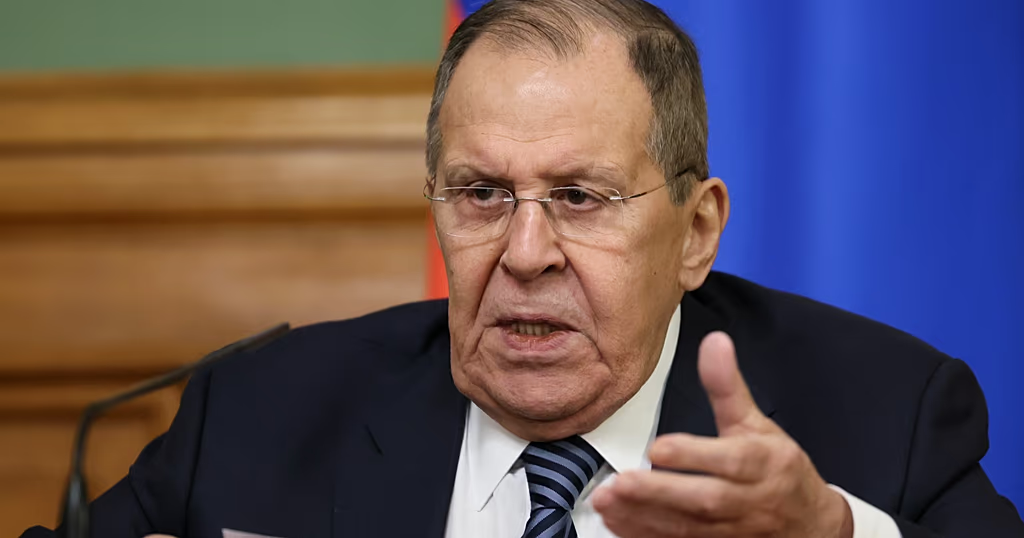The Brent crude price surged by 2.3% to reach $79.18 per barrel in the wake of escalating tensions in the Middle East. This spike in oil prices comes as the United States and Britain conducted strikes against Houthi military targets in Yemen, retaliating against attacks on shipping in the Red Sea by an Iran-backed group. The Houthi assaults have disrupted global trade along the vital route connecting Europe and Asia, accounting for approximately 15% of the world’s maritime traffic.
The West Texas Intermediate (WTI) hovered around $73.73 a barrel on Friday, reflecting the broader impact of the geopolitical turmoil on oil prices.
US President Joe Biden emphasized that the targeted strikes sent a clear message that the United States and its allies will not tolerate attacks on their personnel or allow hostile actors to threaten the freedom of navigation. These events unfolded against the backdrop of heightened conflict due to the war between Israeli forces and Hamas militants in the Gaza Strip, which commenced in October last year.
The spiking oil prices amid these geopolitical tensions reflect the interplay between global politics and the energy market. It underscores the far-reaching consequences of regional conflicts and their direct impact on the global economy.
The ramifications of these developments on oil markets and international diplomacy are anticipated to unfold in the coming days. As tensions continue to simmer in the Middle East, the world will closely monitor the dynamics that shape oil prices and geopolitical stability in the region.



